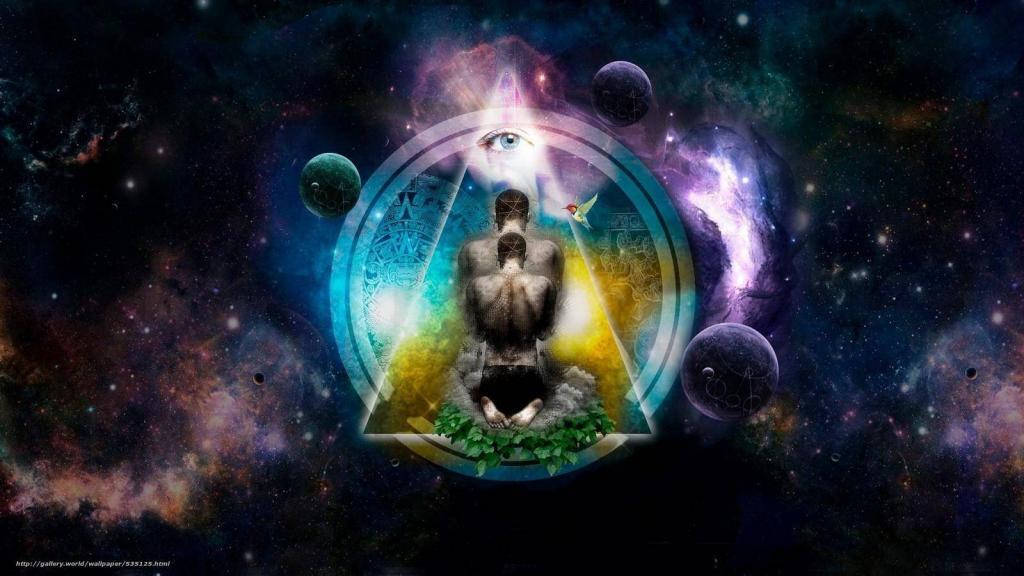Karma and Hinduism

By Darren Williger
Karma and Hinduism have a long relationship and meaning together. This is because karma is basically a Sanskrit word that means action and duty. So having originated from India, karma and Hinduism have a strong bondage.
According to Hindu belief, it is said that the good and evil a person does is returned to the person. In other words, we tend to reap whatever we sow. During your lifetime, whatever negative and positive energies you experience, you are sure to experience the same feelings after some time.
Keeping this in mind, it is mandatory that you aim at performing good deeds and to propel positive energy wherever you go. The more negative energy you produce from yourself, the more negative vibes you receive from people in your vicinity. Similarly, the more positive energy you liberate, the more positive energy you receive from those around you.
Karma and Hinduism also follows the law of attraction, which has been around for some time. according to the law of attraction, you tend to believe in something so strongly, that your belief slowly manifests itself into reality. This means that according to karma and Hindusim, no matter whatever you do, you are sure that the universe is with you and is around for you.
You can harness the power of the law of attraction only if you stop focusing on what you don’t have and what you need. on the contrary, you have to believe that you will get whatever you lack in the future. According to karma and Hinduism, the money, love, happiness and children that you long for, you are sure to receive in the future. It is your focus for your desires that help you into believing something to becoming true.
So if you focus on thoughts of happiness and positive energy in your life, according to karma you can anticipate this in return. However if you propagate feelings of greed, misery, unhappiness and anger, expect only these feelings in reply to you. as each individual is different, each person approaches karma and Hinduism differently.
It is the purpose in life that helps in identifying the aim of one’s life in karma and Hinduism. You have to identify the aim of your life through your own self discovery; and this is an important part of universal welfare, the extension of the law of attraction. Whatever doctrines and ideas you introduce to the world is all dependent on your thought and practices.
In fact, karma and ancient Hinduism philosophy states that your course of life is determined by your conduct in your previous birth. So the more contributions you make to universal goodness in your past life, them more likely that you will experience and go along the same path in your next life.
Hinduism also places emphasis on positive thinking as it is the optimist who holds an optimistic attitude in life that seeks happiness in a positive end. According to karma and Hinduism, this happiness need not be monetary happiness or power but a feeling of completeness and satisfaction.
Spiritual integrity has an important part in karma and Hinduism as it means mental integrity. You have to have a clear picture of your mission and thus correspond to the actions as required. It is important that your mind be able to withstand any external disturbances so that you remain focused in whatever you want to achieve in life. though your means and ways of reaching your destiny may change during your course of action, your destiny or end will never change.
So it can be said that karma and Hinduism is something abstract that indicates the success of one’s will, perseverance and fortitude in reaching one’s destiny. This destiny is not monetary success or a gain in power; it is a sense of satisfaction and fulfillment that you reach through the law of attraction.


